Blog
Blog
-
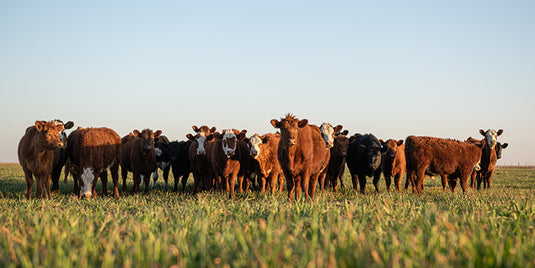
Vitamin & Mineral Supplementation in Cattle
Vitamins and minerals are nutrients required in order to perform vital bodily functions. It is important to meet the daily qualifications for different vitamins and minerals to ensure healthy, thriving livestock. Learn which vitamins and minerals are essential! -
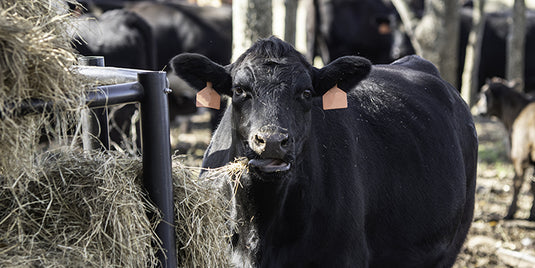
Protein Supplementation Benefits Cattle
Protein is usually the costliest portion of the diet, but it can be even more costly to limit protein in the bovine diet. We have a few solutions to help your cattle and pocketbook thrive. -
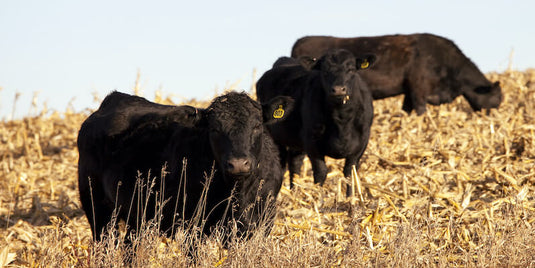
Grazing Corn Stalks
With harvest season behind us, many cornfields sit untouched, with cornstalk residue left behind. When fed properly, this residue can be a great, low-cost feed resource. -
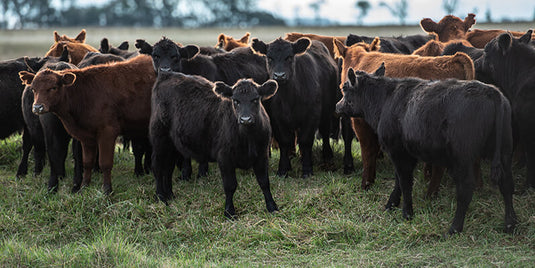
To Creep Feed Or Not To Creep Feed…
Calving season is starting up, which means producers are starting to think about winter feeding programs. Will you feed hay? Supplement corn? Provide protein tubs? What about the calves? Weaning season is just around the corner, which means creep feed is on the brain. -
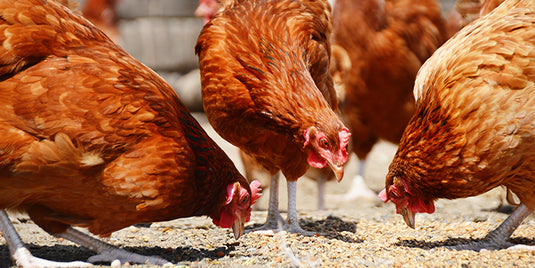
Prebiotics in the Poultry Industry
In poultry production, bird health is greatly influenced by the microbial communities present in the gastrointestinal tract (GIT) and the surrounding environment (i.e., bedding). The composition and diversity of these communities fluctuate tremendously throughout a growing period and must remain balanced to ensure proper nutrition, development, and disease suppression/bird immunity. Imbalances in the microbiota (a condition known as dysbiosis) can lead to the weakening of intestinal walls in the GIT, reduced nutrient digestibility, enteritis and diarrhea, and other consequences that diminish bird performance and limit a grower’s return on investment. -
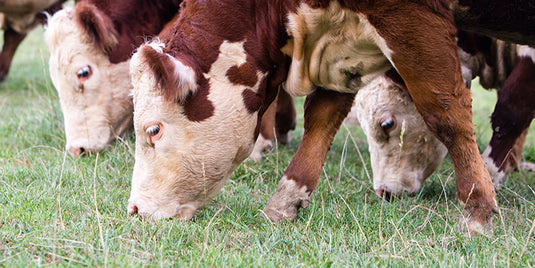
The Cost of Efficiency – Does It Cost More?
The number one question producers ask when learning a new feed or product is, “What does it cost?” And almost always, units will be given in terms of dollars per weight, whether in tons, pounds, or bushels. While this number can ultimately get you to what you are looking for, there may be a better way to think about it, depending on your final goals. -
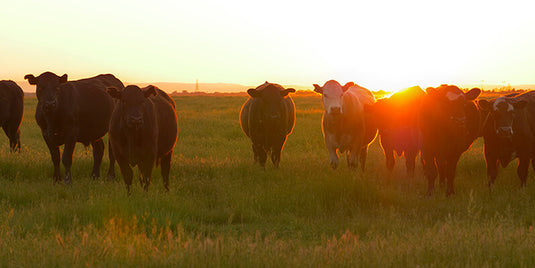
How Does Stress Affect Your Bottom Dollar?
In a world where certain agricultural decisions are made based on public perception, stress has been a highly discussed and researched topic. As more research is done, we shed light on potential stressors and how much they can affect performance as an industry. -
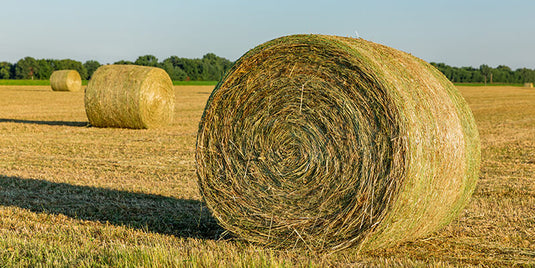
Determining Forage Supplementation
The nutritional content of forages will vary due to numerous factors. These factors include season, forage growth rates, animal stage of production, producer ability to supplement, and the list goes on from there. -
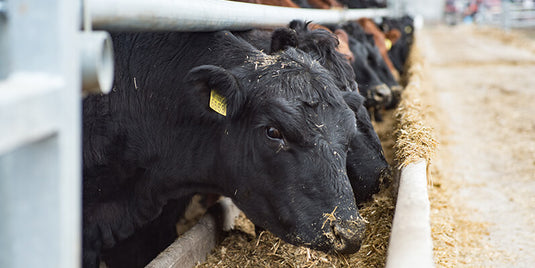
Byproducts in Animal Nutrition
What are byproducts? Byproducts makeup a large poultry ration and about one-seventh of the ration for growing and fattening swine in the United States. They are also important in feeding beef and dairy cattle. Almost every food industry furnishes some byproducts for animal feed. -
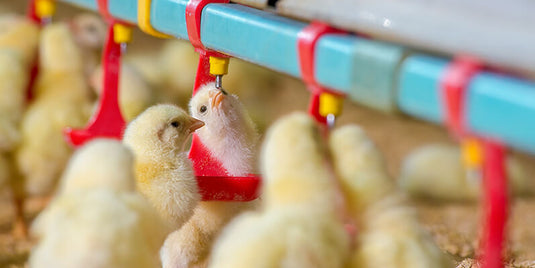
Preventing Harmful Water Factors in Poultry Production
Numerous factors play a role in poultry performance. These factors include equipment, management practices that help with the fight against ammonia, house environment such as improving litter quality, and housing type. Enhancing any of these daily operations is important, but water quality may be the most critical. -
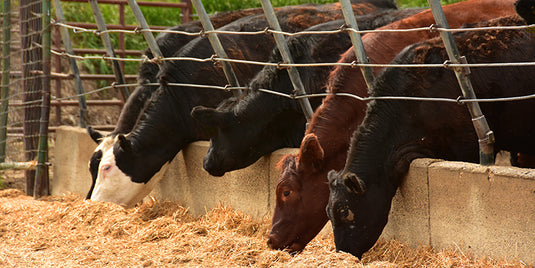
Ruminant Nutrition - Back to the Basics
Nutrient requirements of a ruminant will vary over the course of its lifetime, but regardless of producer goals, stage of production, or management, ruminants will always require these key nutrients:... -
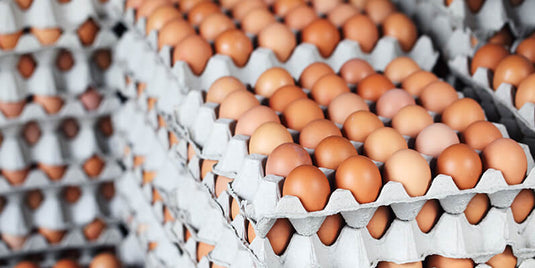
Keep Layer Production High In The Summer Heat
Dealing with hot summer temperatures is inevitable for your layer operation, and being unprepared to handle it could result in poor layer production and increased mortality. So, what can you...












